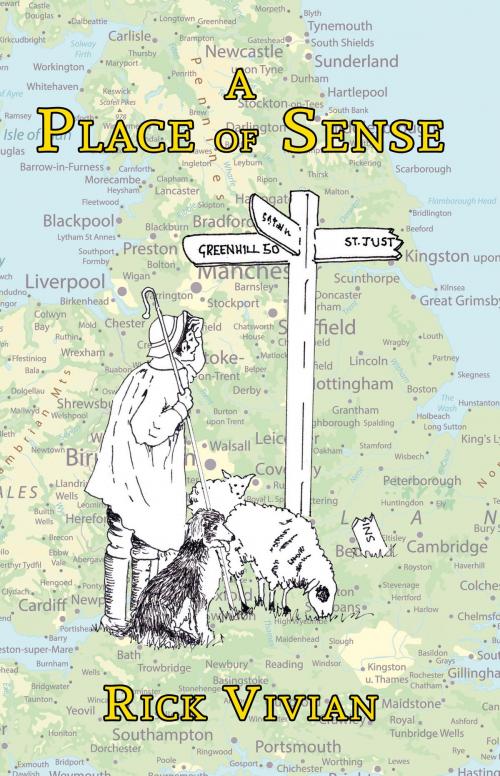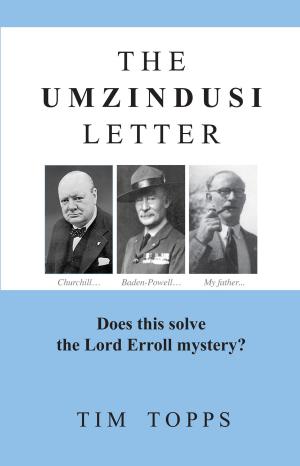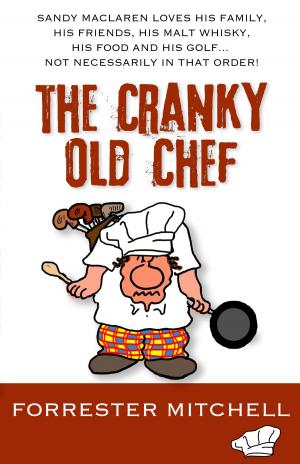A Place of Sense
Little-known Meanings of British Place Names
Nonfiction, Entertainment, Humour & Comedy, General Humour| Author: | Rick Vivian | ISBN: | 9781789010701 |
| Publisher: | Troubador Publishing Ltd | Publication: | February 23, 2018 |
| Imprint: | Matador | Language: | English |
| Author: | Rick Vivian |
| ISBN: | 9781789010701 |
| Publisher: | Troubador Publishing Ltd |
| Publication: | February 23, 2018 |
| Imprint: | Matador |
| Language: | English |
The first book to detail the speculative history and hidden humour behind the definition of British place names.
There are over 150 homographs in common use. Consider: ‘bow’ meaning bow or bow, ‘object’ meaning object or object, ‘moped’ meaning moped or moped; the list goes on (in many documents, a great deal more informatively!) What is commonly overlooked is that this conundrum can be true for words that are place-names, every bit as much as for those that are not.
For instance, even the most erudite students of the English language have not been taught that Felixstowe can be ‘a Suffolk dialect word meaning a cat’s claw’, nor, indeed, that Sixpenny Handley was ‘an erotic diversion offered to soldiers on leave during WW1 in the less genteel parts of our great cities.’
There are many works detailing and comparing the meanings of non-titular homographs; far fewer do so for names. A Place of Sense takes examples which are all genuine places that may be found on an OS map and seeks to redress that balance, at least to a small degree, with a large dose of humour. The author hopes it has the desired effect (not to be confused with effect!)
The first book to detail the speculative history and hidden humour behind the definition of British place names.
There are over 150 homographs in common use. Consider: ‘bow’ meaning bow or bow, ‘object’ meaning object or object, ‘moped’ meaning moped or moped; the list goes on (in many documents, a great deal more informatively!) What is commonly overlooked is that this conundrum can be true for words that are place-names, every bit as much as for those that are not.
For instance, even the most erudite students of the English language have not been taught that Felixstowe can be ‘a Suffolk dialect word meaning a cat’s claw’, nor, indeed, that Sixpenny Handley was ‘an erotic diversion offered to soldiers on leave during WW1 in the less genteel parts of our great cities.’
There are many works detailing and comparing the meanings of non-titular homographs; far fewer do so for names. A Place of Sense takes examples which are all genuine places that may be found on an OS map and seeks to redress that balance, at least to a small degree, with a large dose of humour. The author hopes it has the desired effect (not to be confused with effect!)















